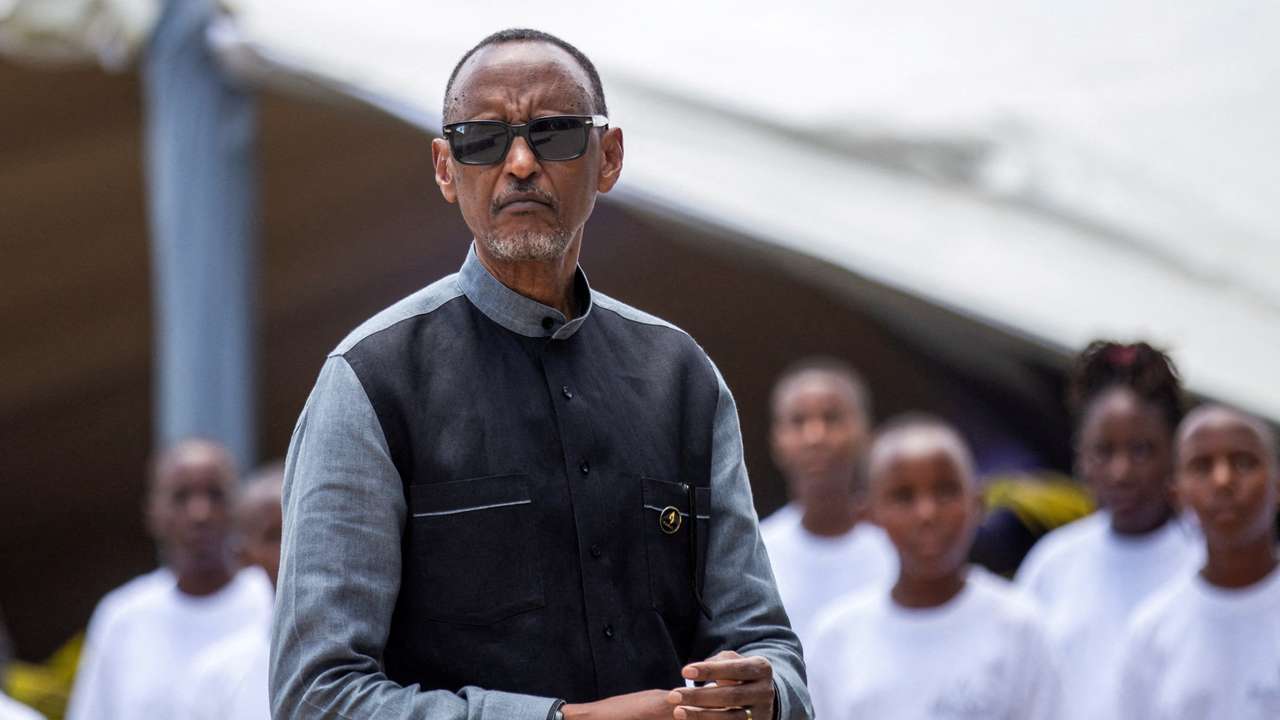Rwanda eyes top global economic spot with introduction of Central Bank Digital Currency

Rwanda is considering a Central Bank Digital Currency (CBDC) which is expected to be rolled out by 2026 in a bid to position the country at the forefront of financial innovation and inclusion.
The deliberation of a digital currency comes as part of Rwanda's broader strategy to climb up in the global economic race. With major trading partners exploring digital currencies, Rwanda aims to prevent any hindrances to trade.
The Deputy Governor of the National Bank of Rwanda (NRB), Soraya Hakuziyaremenye highlighted the significance of the East African nation being ready to accept digital currencies from other nations.
"With Rwanda positioning as an ICT hub, with the ambition to become a cashless economy, and an international financial hub, we needed to understand whether there would be benefits for Rwanda as well to embark on that technological journey. Rwanda is studying the feasibility of adopting a Central Bank Digital currency, which is a digital form of central bank-issued money," she said in an interview with local media The New Times.
The NBR first joined the digital currency movement in 2021 after an official confirmed the institution was studying the possibilities of issuing its digital currency.
The study revealed a significant gap in global standards and reliable benchmarks for central bank digital currencies (CBDCs), highlighting the need for further research and development in this area to establish clear guidelines and best practices, John Karamuka, an official of the NBR noted.
However, Soraya was optimistic despite the perceived challenges, "The findings show that there are multiple opportunities for a national digital currency in Rwanda. We identified four that we wanted to test. The first one is that a CBDC would be more resilient to the current payment systems and would actually sort of be a better payment tool in case of disasters. The CBDC would also boost innovation and competition among payment system providers, as well as an accelerator to the cashless agenda that our country has embarked on. Equally beneficial is a CBDC that would improve cross-border payments," she said.
Almost 11 countries have launched central bank digital currencies (CBDCs), with the Bahamas being the first to introduce the Sand Dollar in October 2020. In Africa, several countries are either piloting or have launched their CBDCs, including Nigeria, Ghana, and South Africa. These countries are leveraging digital currencies to promote financial inclusion, increase efficiency in payments, and provide safer access to money for the unbanked and underbanked populations.